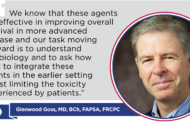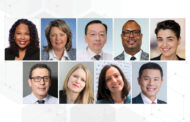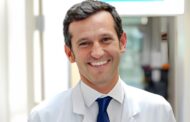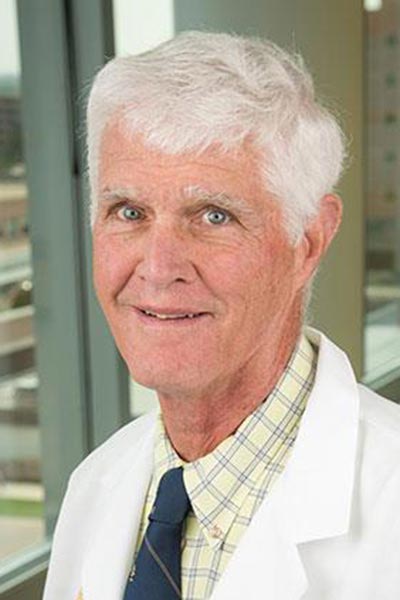
IASLC’s 2023 Targeted Therapies of Lung Cancer meeting begins this evening, February 22, in Santa Monica, California. For the first time since 2020, attendees will be face-to-face for the opening dinner, which begins at 6:30 PM local time. Keynote Speaker Professor Lauren Byers, MD, of MD Anderson Cancer Center will take the stage at 7:20 PM.
Tonight’s welcome events are just the beginning of a packed program summarizing the latest preclinical and early clinical data from ongoing clinical trials of the newest therapies for the treatment of lung cancer.
The meeting’s chairs—Paul A. Bunn Jr., MD, of the University of Colorado Anschutz Medical Campus; Charu Aggarwal, MD, of the University of Pennsylvania; Lecia V. Sequist, MD, MPH, of Massachusetts General Hospital; and Joel Neal, MD, PhD, of Stanford University—recently spoke to ILCN about what they are looking forward to at TTLC 2023 and why this meeting generates so much interest year after year. Read on for their insights.
ILCN: TTLC is a unique meeting in that the presentations focus on summarizing the data on relevant targets for new therapies and sharing data on preclinical and early clinical data for each of the drugs directed against these targets. While this early data can’t be used to make clinical decisions—at least not yet—this meeting always generates a lot of interest and discussion. Why do you think that is?
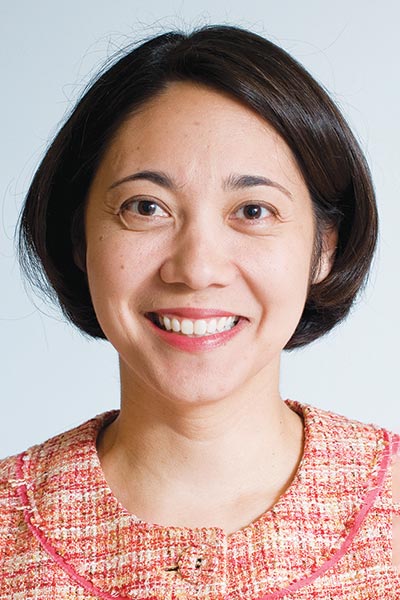
Dr. Bunn: The majority of TTLC attendees and presenters are academic clinicians—medical oncologists, radiation oncologists, thoracic surgeons, pulmonologists, pathologists, and statisticians—who are interested in clinical trial design and ongoing clinical trial early results. They are also interested in learning about new drugs being developed and in preclinical results.
The meeting is also attended by pharmaceutical company personnel who are developing new agents of all types, and academic physicians are interested in those development plans and early results. Conversely, companies want to learn which academic physicians may be interested in studying their new agents. The high level of interactions is one of the major components of the meeting’s success.
Dr. Sequist: I think TTLC generates significant excitement among attendees year after year because of the connections people make with each other during the meeting. It is a small meeting and one focused on building collaborations and sharing ideas. So many projects trace their origin back to conversations had over a meal, in the hallway, or walking on the beach in Santa Monica. TTLC is the heart and soul of the North American lung cancer research community.
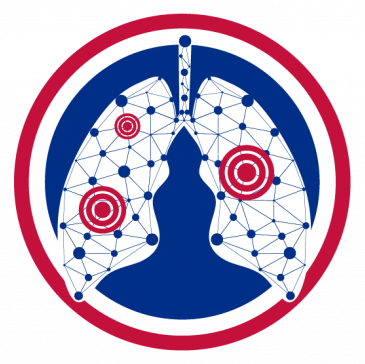
While registration for in-person attendees has sold out, virtual attendee registration remains open. TTLC’s robust program will be live-streamed and available on-demand for thoracic oncologists worldwide. Visit ttlc2023.iaslc.org for more information.
ILCN: As you planned the programming for TTLC 2023, did any themes emerge among the latest science in thoracic oncology? What abstracts stood out among the submissions you received?
Dr. Bunn: Not surprisingly, the most interest is in new targeted therapy results that include mechanisms of persistence and resistance across molecular alterations and immunotherapy, including new therapies being combined with checkpoint inhibitors or in place of checkpoint inhibitors. Development of biomarkers and clinical trial design are also important themes. There have been major changes in the therapy of early-stage disease because of early and ongoing data from clinical trials being presented at this meeting.
Abstracts for TTLC are limited to fellows and academic investigators in the early stages of their careers. Not surprisingly, many of the abstracts focus on early trial results of new and promising targeted and immunologic agents.
Dr. Neal: We received a wide variety of abstract submissions from academic trainees and junior investigators for this meeting. They are presenting basic science data from laboratories, real-world data from their institutions, and some emerging clinical trial data. I think the real-world data submissions are particularly interesting for targeted therapies against driver oncogenes such as EGFR, ALK, and others, since these will help confirm existing hypotheses and generate new ideas.
ILCN: As TTLC 2023 approaches, what sessions or presentations are you most looking forward to most and why?
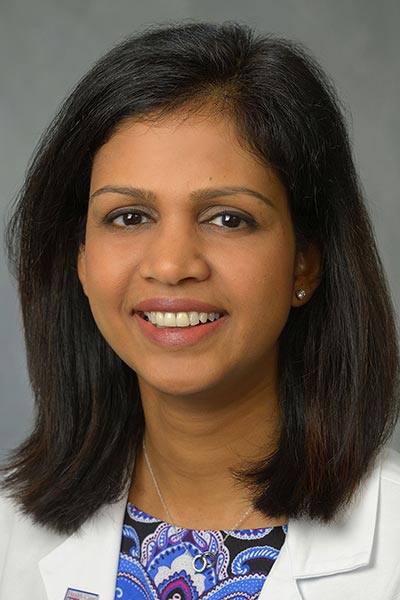
Dr. Aggarwal: TTLC offers a chance to hear from experts in the field about different disease subtypes within the broad umbrella of thoracic malignancies as well as learn about new drugs, pathways, and clinical trials in development. I am most excited about seeing the latest on antibody drug conjugates as an emerging class of drugs. And I am really looking forward to returning to Santa Monica and seeing colleagues in person. I think TTLC 2023 will be an exciting one!
Dr. Bunn: Many important topics will be covered including, preclinical results, novel trial designs, biomarker development, pathologic assessments, therapies of less common thoracic tumors—including small cell lung cancer, mesothelioma, thymic cancers—and treatment of early stages. Also, this year we’ve added debates that I believe will be of interest. Throughout the meeting, several academic debates will feature prominent academic physicians considering major questions of controversy.
ILCN: While you may not be able to speak definitively on any data that will be presented given its immature nature, what targets or drugs being discussed during TTLC 2023 give you reason for optimism?
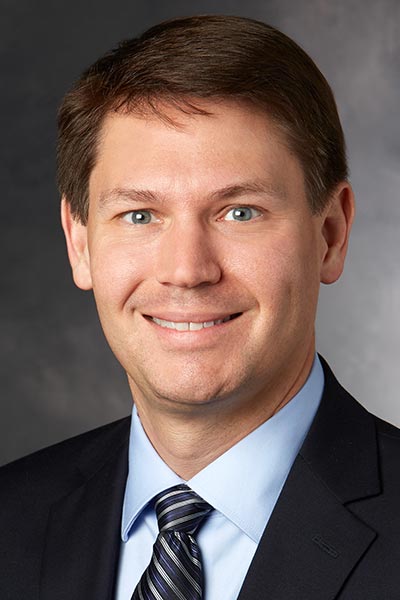
Dr. Neal: Over the duration of the meeting, we hope to identify promising new targets and help refine treatments on existing ones. I think over the next year we will see emerging data on additional antibody-drug conjugates such as anti-Trop2, CEACAM5, and HER3, and I look forward to updates on these. Additionally, the field of cellular therapies in lung cancer is emerging, and I look forward to gathering information about how to identify possible patients for the ongoing trials.
Dr. Sequist: It used to be that there was space in the meeting agenda to discuss each drug individually. The great news for lung cancer patients is that there are now so many active drugs, we can no longer give each one its own place on the agenda. The meeting format had to adapt to the wide number of new drugs and has shifted to discussing families of compounds together, or common themes in treatment approaches. In addition to driver mutation targets and checkpoint immune blockade, this year we’ll also be discussing antibody-drug conjugates and the use of cellular therapies for lung cancer, which I’m interested in hearing.
Dr. Aggarwal: We have designed the program to cover a wide spectrum of topics including all targeted therapies, locally advanced lung cancer, early-stage cancers, and a renewed focus on immunotherapy, clinical trials, and biomarkers.


